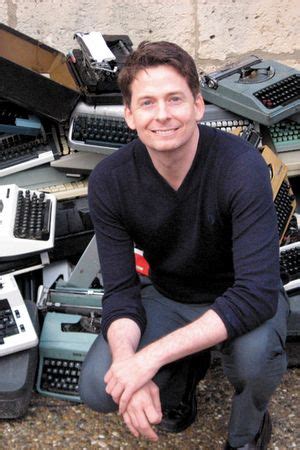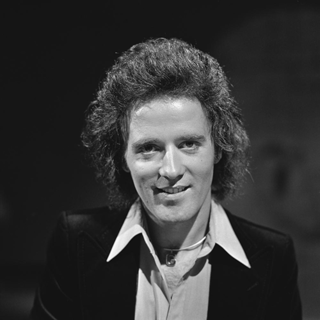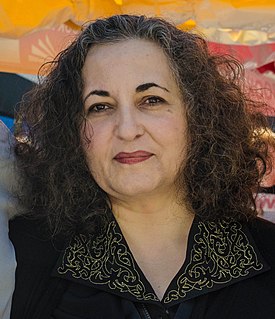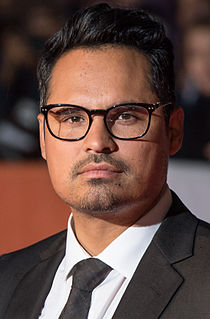A Quote by Chris Crutcher
I think the value in books like mine, and a great number by other talented writers, is in the ability to bring dark subjects into the open where they are not so dark, where they can be talked about and considered by teens and adults alike.
Related Quotes
A lot of writers, especially crime writers, have an image that we think we're trying to keep up with. You've got to be seen as dark and slightly dangerous. But I'm not like that and I've realised that I don't need to put that on. People will buy the books whether they see a photo of you dressed in black or not.
The young adult literature is relatively new - it just kind of exploded in the 2000s. When I grew up, there weren't bookstores with sections dedicated to teen lit, nor was my generation raised reading books written specifically for us. Because of that, today we still think of books for teens as children's books and so when you write a book that includes sensitive topics, it just seems even more controversial. What's troubling to me about that is these are issues adults know that teens deal with. Not writing about them makes them something we don't, or can't talk about.
When I was working upon the ABC books, I wanted to show different ways that mainstream comics could viably have gone, that they didn't have to follow 'Watchmen' and the other 1980s books down this relentlessly dark route. It was never my intention to start a trend for darkness. I'm not a particularly dark individual.






































